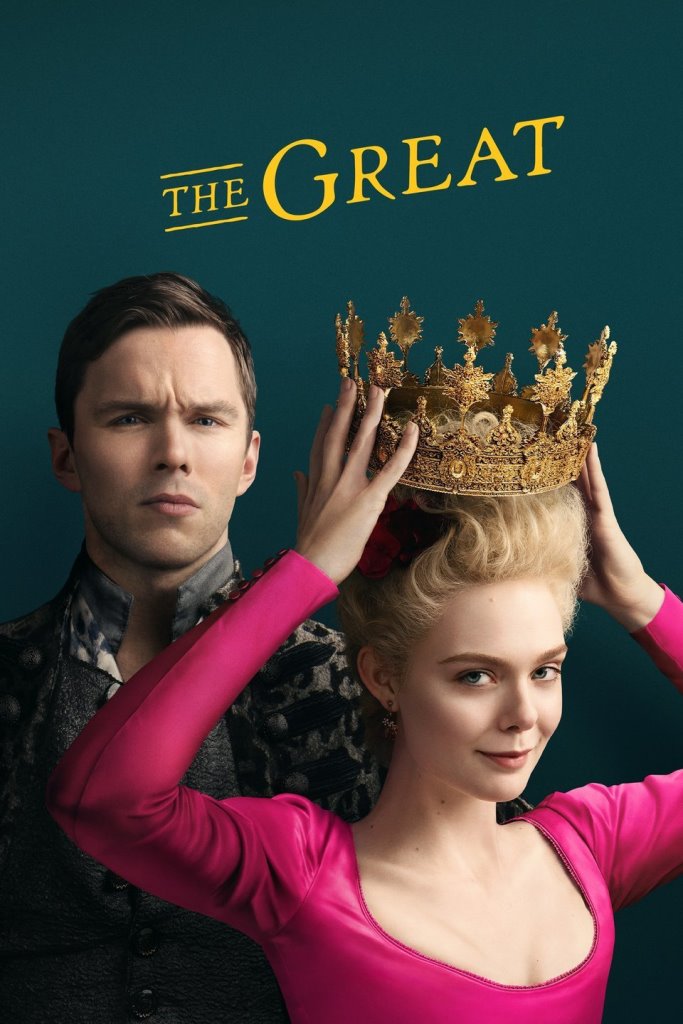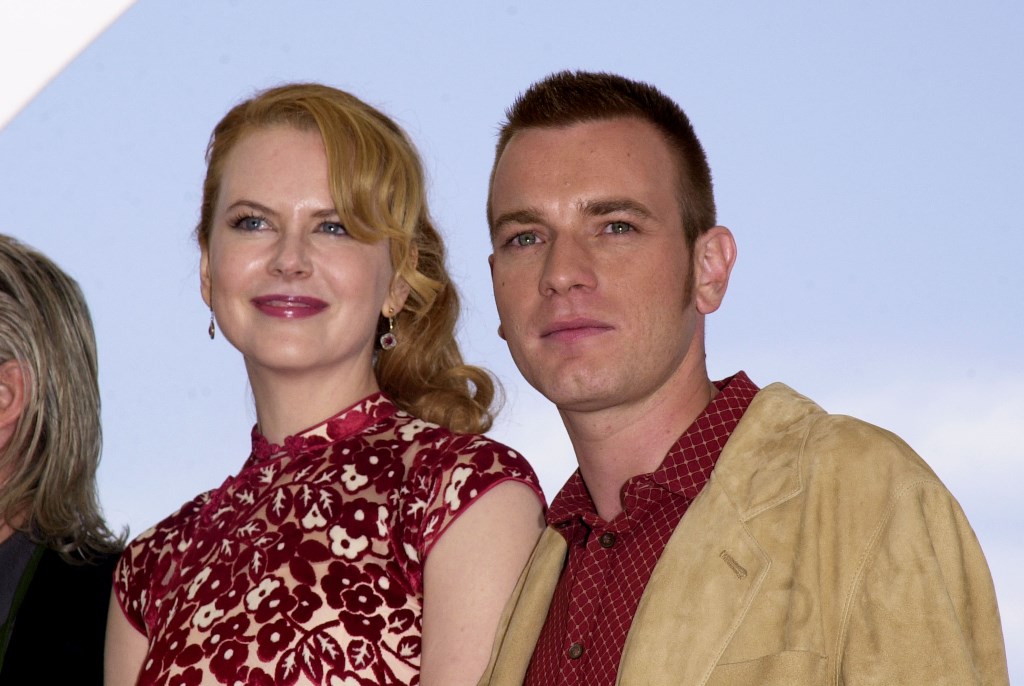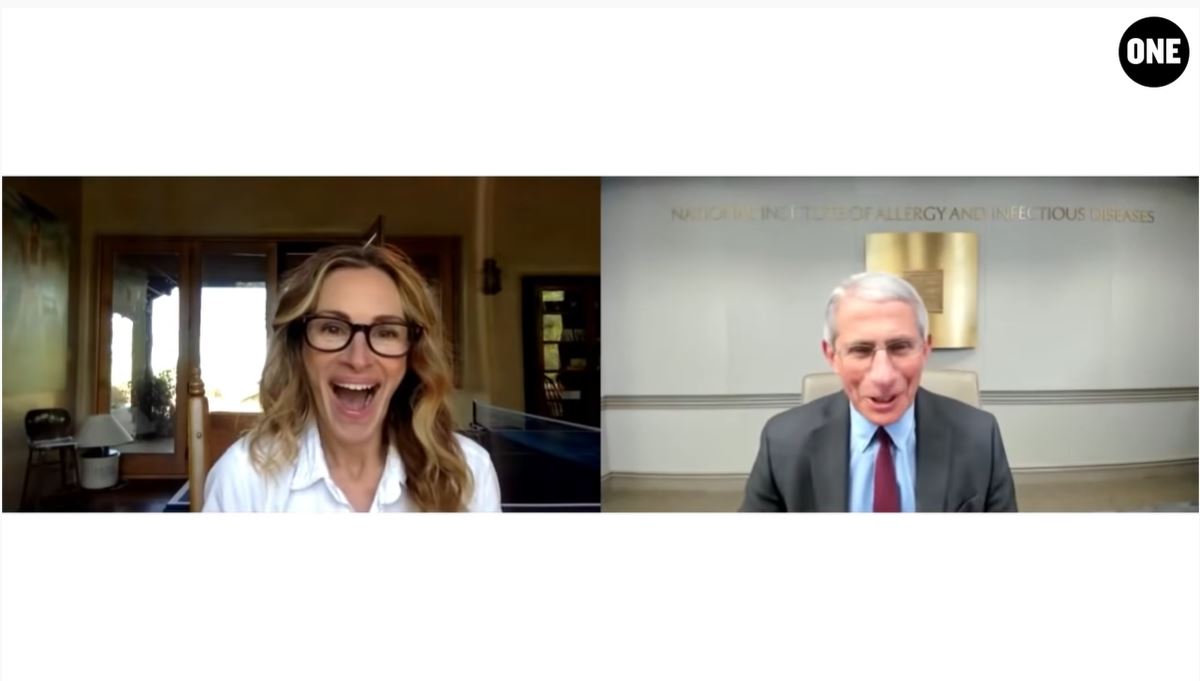The Great: The Power of Gossip, the Power of Sex – and Teen Princess!




Tony McNamara, Oscar-nominated co-writer of The Favourite, is back with another anachronistic tale of a woman in power. This time he focuses on Russia’s Catherine the Great (Elle Fanning), in a Hulu series titled The Great. It’s not as dark as The Favourite, and overall has a tone as sharp and bright as a dagger that recalls the similarly colorful and anachronistic Marie Antoinette. But The Great is not a knock-off of these other projects, it stands on its own as a long-form work exploring what it takes for a woman to succeed in a man’s world, which is: everything. Catherine begins her life in Russia optimistic, romantic, and hopeful, determined to love her dumbass, cruel husband, Emperor Peter III (Nicholas Hoult). If you know anything about Catherine the Great, it’s best to put it away while watching The Great, for it is not at all interested in historical accuracy. If you try to make it fit into history, you’re just going to give yourself a headache. Instead, abandon yourself to the profligate, depraved court of Peter III and watch Catherine steadily master the skills she needs to overthrow her husband and seize power for herself.
Elle Fanning plays Catherine as a Daenerys Targaryen type—beautiful and too smart to resign herself to life as a political pawn—but without dragons she must rely solely on her wits and cunning to advance her cause. Catherine is naïve at the beginning, but she is also smart. She is interested in the arts and sciences, and the explosion of ideas seizing the European continent (aka, the Enlightenment). She is an empress, but she cares for the servants in her court, and the serfs she sees suffering under Peter’s capricious, war-torn rule. (The real Catherine qualifies as one of the “enlightened despots” of the eighteenth century.) She doesn’t want to abolish the monarchy or anything radical like that, but she sees no need for undue suffering, and wishes to bring liberalism and reform to Russia. One problem: Russia is totally uninterested.
Well, except for a few people who are also too smart to resign themselves to lives as pawns. One such person is Marial (Phoebe Fox), a one-time lady reduced to servitude because her father offended Peter. It is Marial who points out to Catherine that Russia is not governed by male primogeniture—if Peter were to die, Catherine would inherit the throne. And it is Marial who is Catherine’s first friend in Russia, showing her how to make her way in court. The Great is more interested in social politics than it is actual politics; Peter is such an obvious boor that OF COURSE Catherine must overthrow him, so the show doesn’t really bother with the nitty-gritty of Catherine’s coup. Instead, the coup is framed as a sort of high school popularity contest—in order to succeed, Catherine has to win over various groups that make up the top of Russian society.
The Great is practical about life for women, even women of high position, in the 1760s. One woman living a complicated sexual reality is Georgina (Charity Wakefield), who loves her husband but is Peter’s mistress, and knows her security depends on pleasing Peter, not her husband. The Russian court is sexually liberal, but there are still unwritten codes about how sexual politics impact real politics, and The Great doesn’t shy away from that. Catherine tolerates boring, over-managed encounters with Peter to produce an heir, but then gets to discover passion when Peter “gives” her a lover, Leo (Sebastian de Souza). And she is left confused after Peter gives her oral sex, the first unselfish thing he’s done for her.
What makes The Great more than just an anachronistic confection about an interesting woman is how it complicates these characters. Catherine has big ideas and good intentions, but folds at the first test of her leadership. Peter is terrible, but still has moments of genuine affection, even love, for others. Marial, probably the smartest person in the room, struggles with impatience to potentially devastating consequences. And all of Catherine’s co-conspirators have moments of courage, doubt, action, and inaction. No one is static, the situation is, as they say, fluid.
The Great is super fun to watch, mostly thanks to Fanning and Hoult, and brisk, sharp writing like Catherine stating that “no one will remember” the rumor about the horse, probably the one thing everyone thinks they know about her today. The show is really deft in how it handles that rumor and how it haunts Catherine as she rises to power. It basically throws history in a blender and remixes it into something relevant to today—the power of gossip, the power of sex, the power that can be attained when charm and cunning combine in a politician of frightening will. The Great is a breezy post-modern deconstruction of sex, politics, and power, all done with a cheeky tone that befits a teenaged princess.
https://www.youtube.com/watch?v=hJGedvRfHYg

